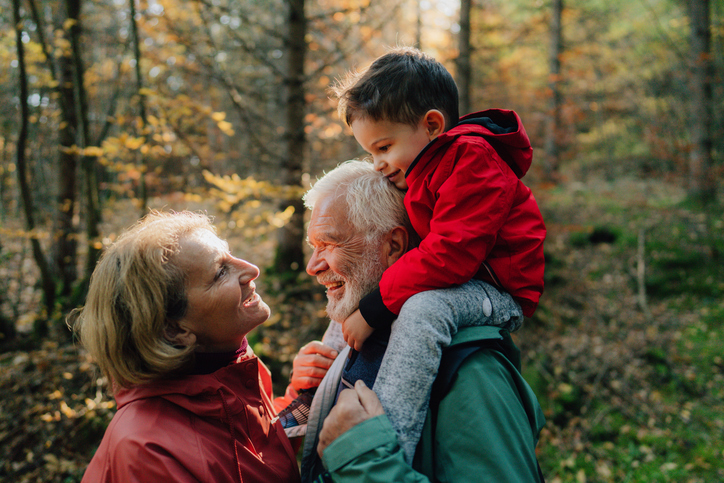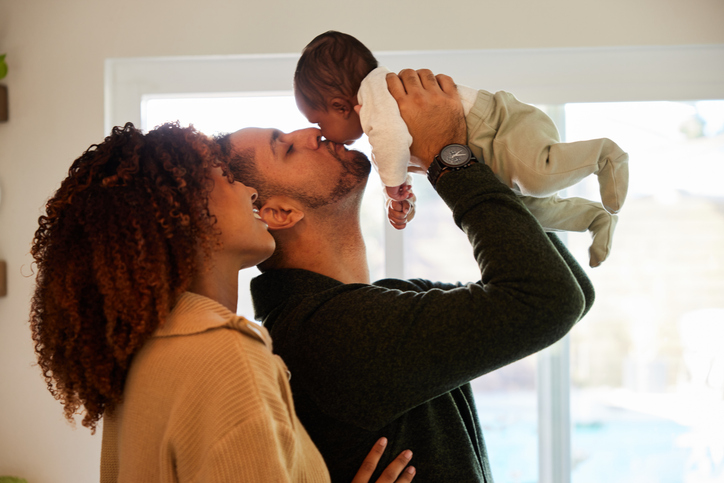Our Wellbeing and Safety Partner Scott Matthews talks about how he suffered loneliness as a young man heading to life in the military – and how finding your community can be a positive step.
My first experience of loneliness was as a teenager in the military during training, in an 8-man room surrounded by people I viewed as friends. Despite never being physically alone, I felt it. I was separated from my family, my friends and my home which caused a great deal of sadness. Some interesting conversations took place in that room as each one of us struggled to find our own way through a very challenging period of time.
What does loneliness mean? The Oxford English dictionary states:
1. sadness because one has no friends or company.
“feelings of depression and loneliness”
2. (of a place) the quality of being unfrequented and remote; isolation.
“the loneliness of the farm”
I was surrounded by a group of males, all of a similar age, with similar interests, with similar life stories for 24 hours a day, every day, so why did I experience loneliness?
Looking at each of us in more detail, one hailed from Middlesbrough, one from Newcastle, one Cardiff, one Glasgow. In fact not one of us were from the same location as another meaning we had all lost one important part of our lives without even realising – our community.
In time, we would merge into a new community, form new relationships and become part of new and diverse social groups. But that took time to transition to and there was a period where we were without, which impacted all of us.
Belonging to a community plays a fundamental role in us feeling connected which in turn benefits our mental health. The community you belong to – religious, sports, hobby or educational doesn’t matter. What matters is that you feel a sense of belonging, of having a group of people you can talk with, laugh with and share the ups and downs of life with.
The website for Campaign to End Loneliness (The facts on loneliness | Campaign to End Loneliness) has some startling facts connected to loneliness. These include:
Loneliness is likely to increase your risk of death by 26%
Loneliness, living alone and poor social connections are as bad for your health as smoking 15 cigarettes a day.
Loneliness is worse for you than obesity.
Loneliness and social isolation are associated with an increased risk of developing coronary heart disease and stroke.
Loneliness increases the risk of high blood pressure.
Loneliness with severe depression is associated with early mortality and loneliness is a risk factor for depression in later life.
Loneliness and social isolation put individuals at greater risk of cognitive decline and dementia.
In my time working for Public Health in Dorset, a considerable focus was placed on tackling loneliness and isolation in certain localities because of the positive impact it would have on people’s health.
One project in particular stands out. Working with Bournemouth football club, a walking football healthy lifestyle course was developed. Using the football club as a lure, groups were put together to attend the course, with a team of our staff attending on the first and last session to take some health metrics.
The results were startling. Body fat percentages had reduced. Lung function test scores were improved. Fitness levels skyrocketed.
The real success however was visible as soon as I entered the room for the final session. The first session had been very quiet. A room full of strangers, uncertain of what was to happen, nervous when asked why they had wanted to attend and visibly outside of their comfort zone.
Visiting on that last session, I found a group of friends. Joking, laughing, sharing weekend plans, and discussing how they would continue now the course had reached its conclusion. Torsos sat higher, shoulders were back, eyes were full of energy. The change in the group was incredible.
Loneliness can be extremely damaging, but there are options out there to overcome it. A quick search online of the area you live will show a diverse array of community and social groups all looking for new members, all that is needed is to take that first step.
Content correct at time of writing.






